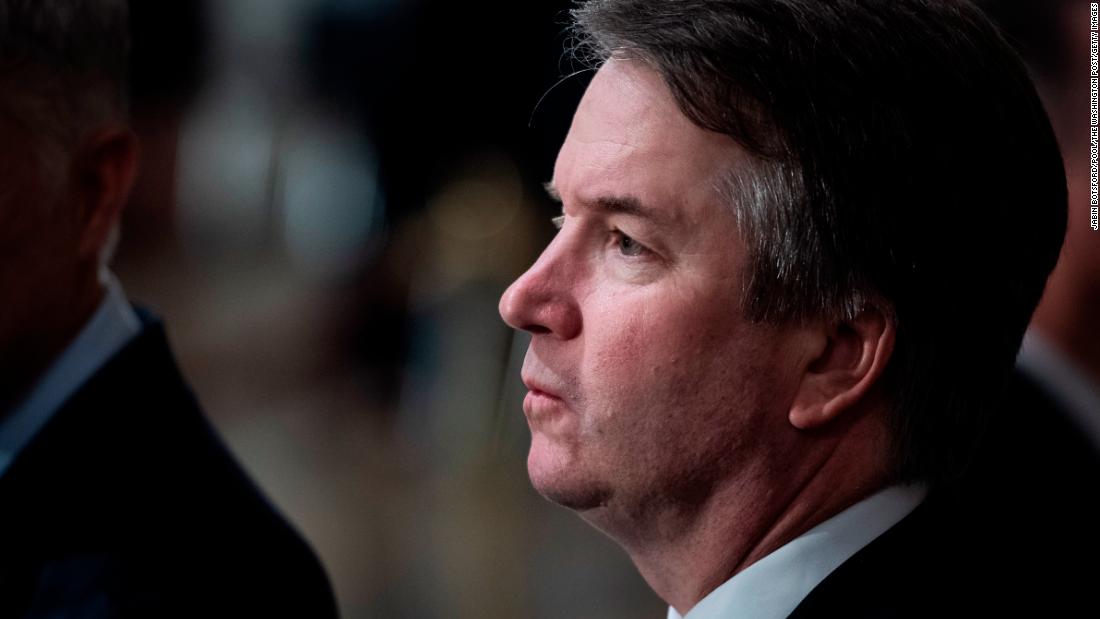Jimmy Higgins
Contributor
- Joined
- Jan 31, 2001
- Messages
- 50,623
- Basic Beliefs
- Calvinistic Atheist
McConnell was saying left-wing rhetoric led to this. I can't believe how evil that guy is.
Here we have a person that was targeting a SCOTUS justice (would have likely failed due to the marshals on site), and instead of talking about how political rhetoric can be problematic, he attacks the liberals for inciting this action.
Personally, I'd be quite happy if Kavanaugh strolled outside a bar, drunk as a skunk and got broadsided by a bus. But I don't want any of the Justices to have a hair of theirs harmed by another. Jebus, Kavanaugh's family can't exactly be feeling safe at the moment. That level of terror really should be reserved for The Trumps and Murdochs, among others. I find it frightening that this person came so close to firing a shot at one of the most important people in this country.
And McConnell is laying it on the liberals.
Luckily for America, this potential shooter changed his mind. And for that, I'm uncertain why he can be charged with attempt of murder... conspiracy to commit murder yes, but attempt?
Here we have a person that was targeting a SCOTUS justice (would have likely failed due to the marshals on site), and instead of talking about how political rhetoric can be problematic, he attacks the liberals for inciting this action.
Personally, I'd be quite happy if Kavanaugh strolled outside a bar, drunk as a skunk and got broadsided by a bus. But I don't want any of the Justices to have a hair of theirs harmed by another. Jebus, Kavanaugh's family can't exactly be feeling safe at the moment. That level of terror really should be reserved for The Trumps and Murdochs, among others. I find it frightening that this person came so close to firing a shot at one of the most important people in this country.
And McConnell is laying it on the liberals.
Luckily for America, this potential shooter changed his mind. And for that, I'm uncertain why he can be charged with attempt of murder... conspiracy to commit murder yes, but attempt?

